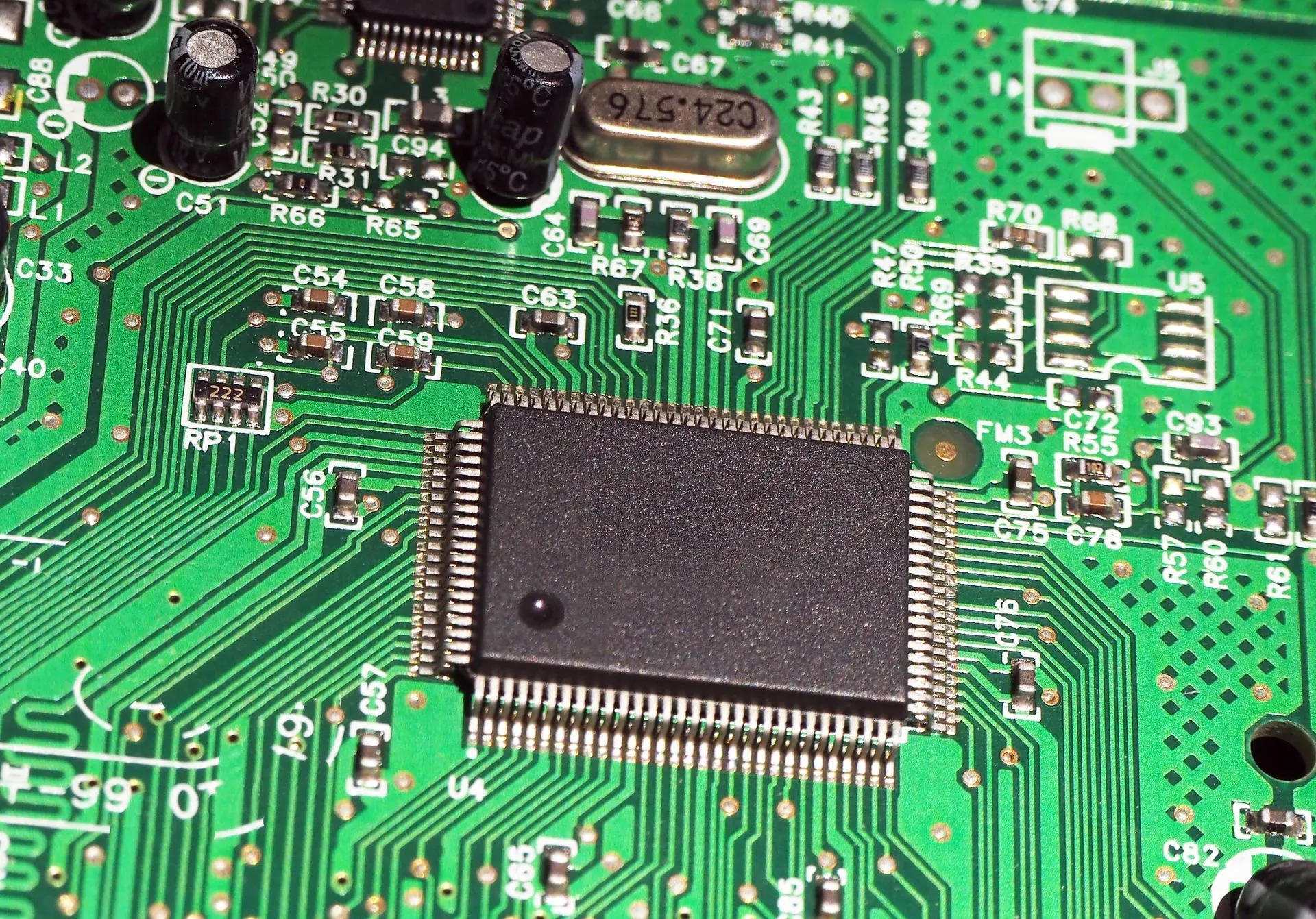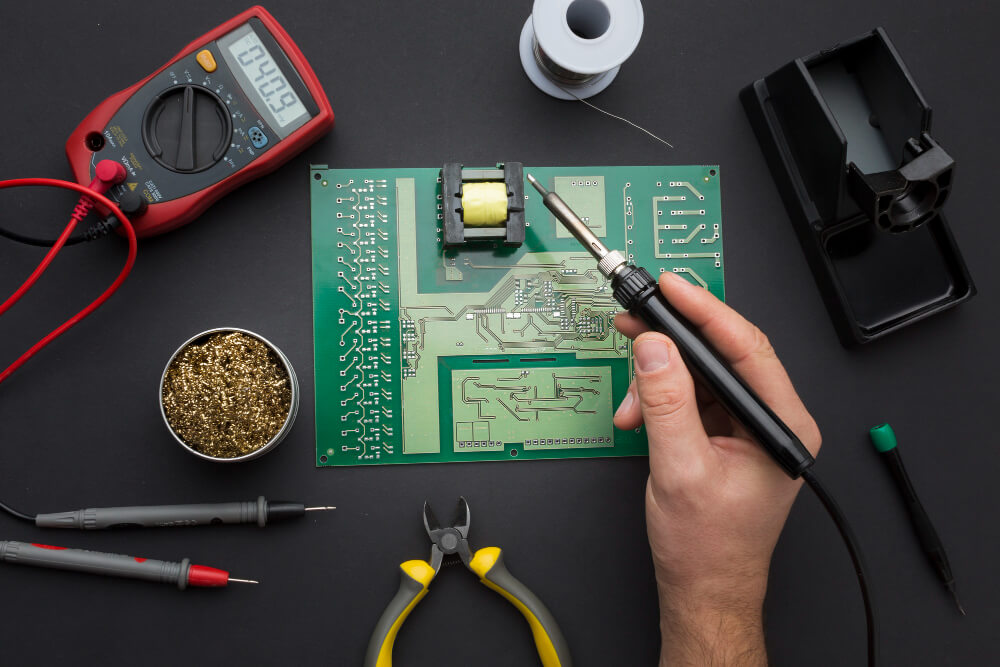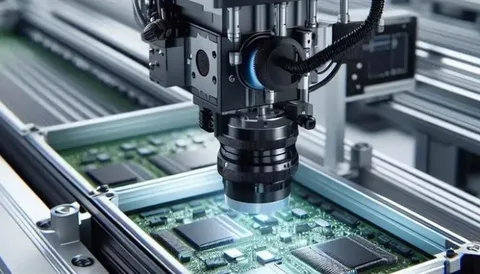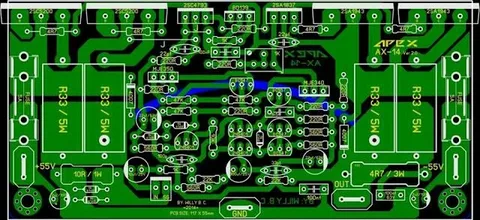In industries like aerospace, defence, and technology, product development involves handling sensitive data and materials critical to national security. This is where ITAR registered compliance plays a vital role. The International Traffic in Arms Regulations (ITAR) sets strict controls for the export and handling of defence-related products and technical data. Companies that achieve ITAR compliance demonstrate their commitment to security, reliability, and ethical standards in product development.
What Is ITAR Compliance?
ITAR is several regulations managed by the U.S. Department of State to regulate export and dealing with defence articles, technical data, and services specified in the United States Munitions List (USML). The firms operating with ITAR-controlled items have to get themselves on the DDTC list and have to ensure the highest level of protection for sensitive data.
Specifically, being compliant with ITAR is a legal requirement for industries engaged in the designing, manufacturing, and exporting of defence-related products. Failure to adhere to these laws is punishable by law through fines, loss of business and legal action.
Protecting National Security:
ITAR guarantees that information of a defence nature does not reach those who have no right to receive it or foreign subjects.
Preventing Unauthorized Exports:
This requires that the export of controlled items and data is controlled by ITAR to prevent their use in conducts that are detrimental to national security or international stability.
Ensuring Ethical Practices:
ITAR creates a set of guidelines regarding the proper use of defence articles.
Why Getting Compliant with ITAR Is Important in Developing Products
Securing Sensitive Data:
ITAR compliance requires certain controls to be implemented to cover issues with handling the transfer and storage of technical data. This makes sure that information that is sensitive is well protected from the time of designing a new product to the time it is in the market.
Enhancing Product Reliability:
A company that registers with ITAR must adhere to set standards of quality and reliability of the product.
Building Trust with Stakeholders:
ITAR compliance is an assurance of a company to its clients, the government and other stakeholders of its ability to maintain high security and ethical standards. Analysis of Information Technology Asset Reporting and Tracking on Defense and Aerospace Business
Safeguarding Intellectual Property:
ITAR helps to maintain the protection of proprietary technologies and designs to minimize the threat of cases related to intellectual property crimes.
Facilitating Secure Collaboration:
Companies certificated ITAR can cooperate with international partners providing secure access to sensitive information.
Ensuring Export Control Compliance:
ITAR thus gives a definite guideline on how to export certain controlled items to eliminate cases of violating the laws and operating effectively in the global market. It is vital to understand how to move towards ITAR compliance To accomplish this, the following steps are as follows:
Register with DDTC:
The first step therefore is to get your company to register with the Directorate of Defense Trade Controls (DDTC).
Implement Robust Security Measures:
Encrypt the sensitive data, control the access to it and protect it physically.
Train Employees:
Make your team aware of ITAR regulations so that everybody understands the guidelines concerning controlled items and data.
Maintain Comprehensive Records:
It is crucial to maintain records of any other transaction involving items controlled by ITAR so that one can prove compliance during an audit.
Conduct Regular Audits:
Internal audits are normally conducted periodically to make certain that compliance is maintained and to also check for any risks.
Why is training important for employees in ITAR compliance?
ITAR regulations are important in every company and hence educating the employees on the same it will help to minimize some of the security breaches that are occasioned by some employees not having a clue about the ITAR policies in the organization.
This reduces the possibility of data leakage through the use of encryption, firewalls and secure communication.
Benefits of ITAR Compliance
Access to Government Contracts:
ITAR regulations are included in many government contracts so those companies trying to enter the defense and aerospace markets need to understand ITAR.
Competitive Advantage:
ITAR compliance defines businesses and proves their adherence to the security and reliability of their operations.
Minimized Legal Risks:
ITAR regulations’ compliance minimizes the chances of fines, penalties, and business reputational losses from non-compliance.
Improved Customer Confidence:
ITAR compliance gives client confidence that their project will be carried out safely and legally.
Some of the issues that organisations face in reaching ITAR compliance
Complex Regulatory Requirements:
Compliance with ITAR rules may also present problems to various small companies because of its complexity.
Cost of Compliance:
ITAR compliance is not something that an organization can attain and remain complaint without devoting ample amount of effort, especially in the form of education, equipment, and workforce.

Managing Global Supply Chains:
The element of compliance within the supply chain across the international front makes compliance with ITAR regulations challenging.
Real-World ITAR Compliance
Aerospace Manufacturers:
For instance, large corporations such as Lockheed Martin, Boeing et al adopt ITAR compliant measures to ensure that innovations used on defense systems and aircrafts are secure.
Technology Providers:
Compliances with ITAR are important for the tech firms that deal in the software and hardware products needed for the military applications; as they need to meet the necessary compliance regulations.
Component Suppliers:
Companies providing important components for defense systems and aerospace require certain materials, which are governed by ITAR policies to protect the items in question.
The Future of ITAR Compliance
As we proceed into the future ITAR regulations are going to change with the development of new technologies. AI, autonomous systems and cyber security advances among others will need new guidelines to foster secure and reliable innovations.
Also, companies will require the use of modern technologies such as blockchain and AI in order to safely process, store and analyze data as well as optimize compliance procedures. These developments will be paramount in ensuring that ITAR remains relevant in today’s ever-complex global society that is fast integrating Information Technology Systems.
Conclusion
ITAR-registered compliance is one of the key fundamental solutions for secure and reliable product development in the defence, aerospace, and technology sectors. This is because ITAR compliance preserves the confidentiality of various important data, promotes ethical business conduct, and improves the quality of products to create trust among the stakeholders.
Earning ITAR compliance is always a rigorous task, but to target the high-security sectors it is vital to invest. ITAR is a powerful regulatory measure that controls the export and re-transfer of ITAR-related items by enforcing strict regulations, rules, guidelines, and procedures that continue to change as the ITAR landscape progresses; however, the companies that follow ITAR regulation will be most innovative, secure, and globally competitive in the future.






